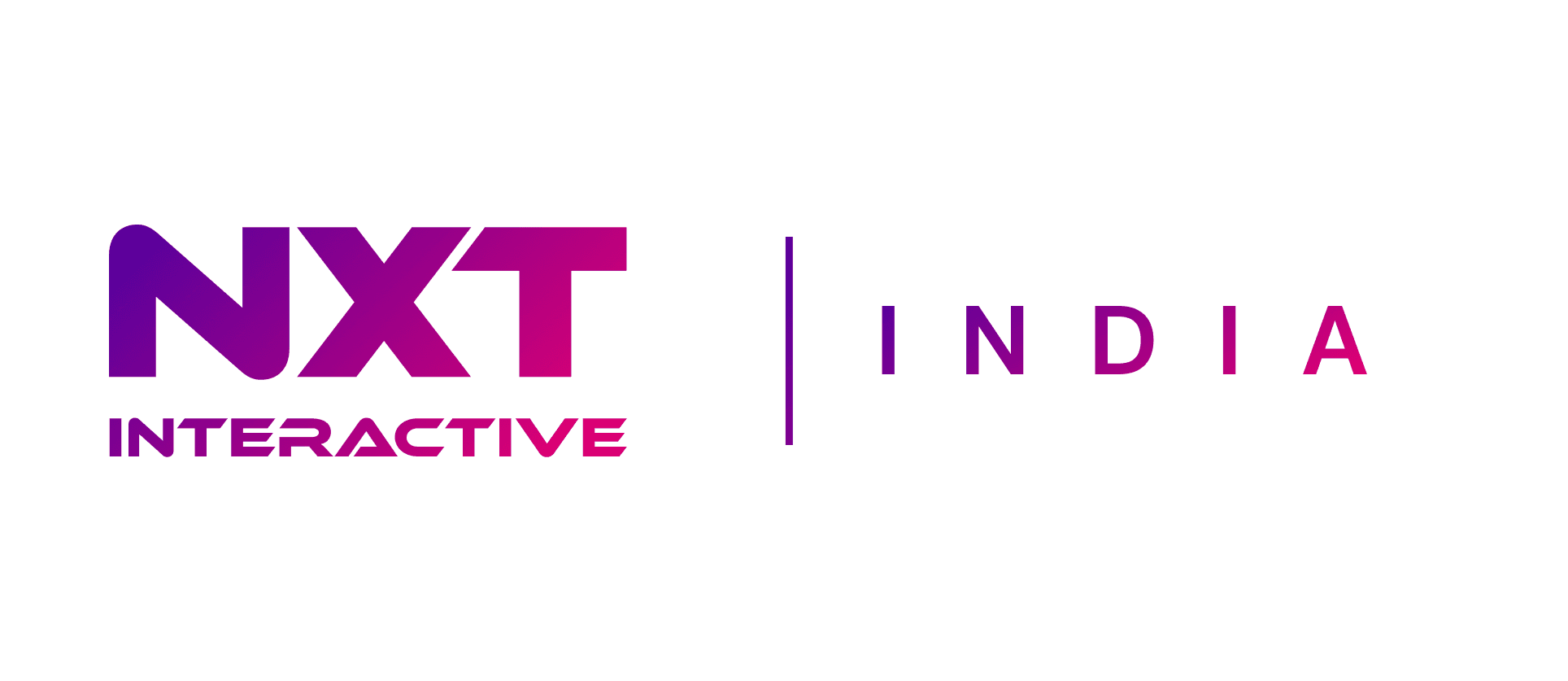Apr 9, 2024
Introduction:
Organizing events has always presented a myriad of challenges, demanding meticulous planning and coordination to ensure success. However, the emergence of artificial intelligence (AI) technology is reshaping the landscape of event management, rendering processes more efficient and effective than ever before. From initial planning stages to execution, AI is poised to transform every facet of event management.
Understanding Artificial Intelligence:
Initially coined in the 1950s, Artificial Intelligence (AI) refers to computer systems designed to perform tasks that typically require human intelligence. This encompasses a spectrum of functions, from processing information and learning from data to decision-making and problem-solving.
So, what does this mean for event management? Let's delve into several tools that capitalize on this advanced technology to streamline the event planning process.
AI Tools Enhancing Event Planning:
Streamlined Scheduling:
AI-powered scheduling assistants alleviate the burden of manually coordinating schedules. By analyzing participant availability and preferences, these assistants suggest optimal meeting times, mitigate calendar conflicts, and automate reminders, thus saving time and minimizing scheduling errors.
Intelligent Venue Selection:
Selecting an appropriate venue is critical in event planning. AI tools like Social Tables and Circa analyze attendee demographics and historical data to suggest venues aligned with objectives and audience preferences, considering factors such as capacity, location, amenities, and cost.
Data-Driven Attendee Insights:
Understanding attendee preferences is paramount for crafting compelling event experiences. AI tools gather and analyze vast amounts of data, unveiling patterns and trends to personalize sessions and activities, enhancing attendee engagement and satisfaction.
Real-Time Analytics:
Real-time analytics are indispensable for monitoring event performance and making informed decisions. AI-equipped tools process data from various sources to provide instant insights into attendee engagement and sentiment, enabling swift adjustments to optimize event impact.
Intelligent Chatbots:
AI-powered chatbots offer attendees instant support and information, enhancing satisfaction and reducing the workload of human staff. With natural language processing capabilities, chatbots deliver personalized responses to queries, augmenting attendee experience.
AI and Budget Tracking:
Budget tracking is essential for successful event planning, and AI tools like EventCollab or Bizzabo analyze and manage budgets, ensuring adherence to financial limits and suggesting cost-saving measures when necessary.
AI-Supported Marketing and Promotion Strategies:
AI-powered marketing tools such as HubSpot or Marketo leverage machine learning algorithms to create targeted campaigns, identify effective marketing channels, and craft engaging content to boost event attendance.
AI and Social Media Monitoring:
AI tools maximize social media presence and facilitate real-time monitoring of attendee feedback during events, ensuring effective promotion and prompt issue resolution.
The Future of AI in Event Management:
The future of AI in event management holds promise for hyper-personalized attendee experiences, immersive interactions, dynamic event content, intelligent assistants, and predictive analytics. These advancements are set to revolutionize the industry, offering unprecedented levels of personalization, interactivity, and data-driven insights.
Conclusion:
AI technology is propelling event management to new heights. Partnering with innovative event management providers leveraging AI tools enhances the likelihood of orchestrating successful events aligned with business objectives. As technology evolves, AI-driven solutions will continue to redefine event management, delivering extraordinary experiences for planners and attendees alike.





